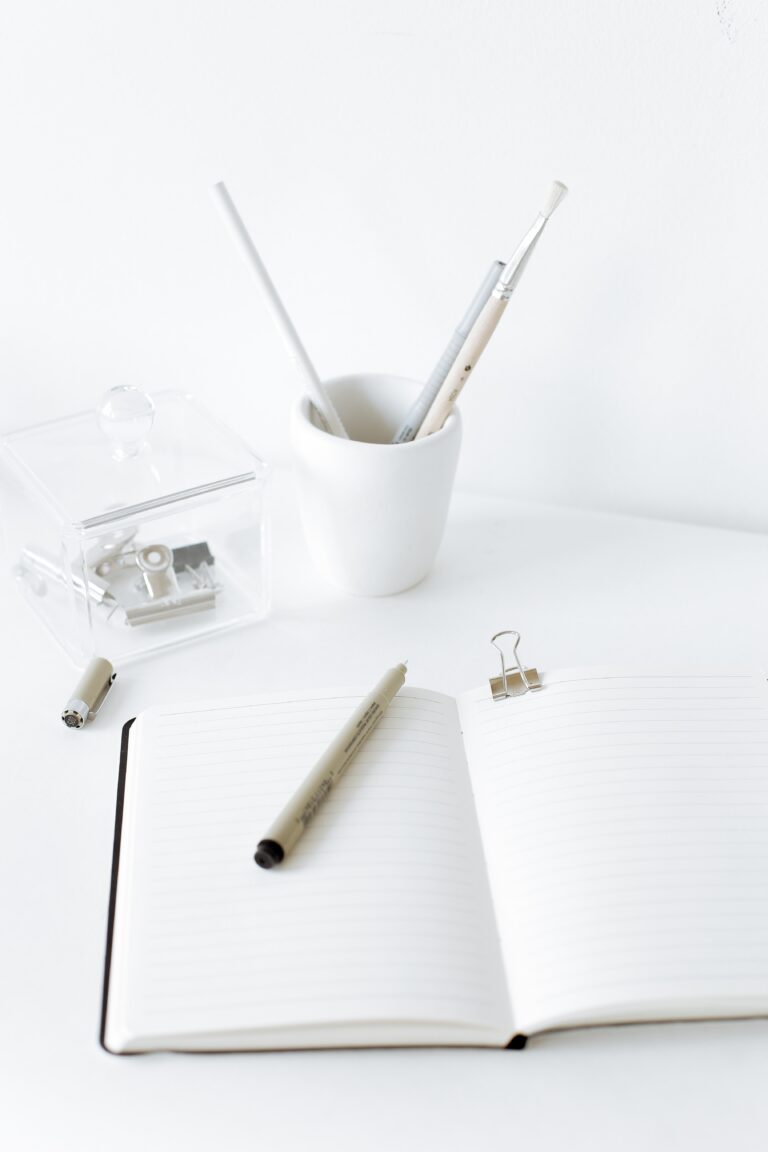Only a few people know that the secret to success is to live a values based life.
Many of us spend our lives striving to be successful and we believe that if we tick all the right boxes we will be able to achieve that goal. At the end of the day, we all want to be happy however we have different strategies on how to get to that destination.
Some of us put all our eggs in the ‘career’ basket working long hours and going above and beyond to work our way up the career ladder hoping that one day all our effort will be rewarded so that we’ll finally be happy. Sacrificing our present for our future happiness.
Others decide to opt out of that completely and focus on their passions in the hopes that it will pay off in the long run. However, many find that once their passions turn into full-time jobs the enjoyment starts to fall apart too.
For many, it feels like sustainable happiness is not an option and they give up on that hope and mutter the phrase ‘it is what it is’.
But it’s not though.
You can choose to find balance in your life and live contently. You just have to know who you are and what you really want from your life and step out of living your ‘role’ life.
Values based living is a way to align your goals to your values to ensure you are working as authentically as possible.
This guide will show you how to start the process of living a values based life so that you can be successful, happy and authentic!
The real definition of success
Success is not about how many people like you or how much money you have. It’s about liking yourself and liking how you choose to live your life. If you are constantly living your day-to-day life as a sacrifice for your future then you’re never going to feel happy. There will always be something bigger and better to work towards so the ‘future’ never arrives.
The goal is to live your day-to-day life with a balance of all of the important things and with gratitude. Life is all about the journey.
What is a values based life?
Values-based living is about living a life that is truly reflective of the things that are important to you, your values. It requires self-awareness and regular reflection.
You have to be honest with yourself and trust me, that is A LOT harder than it looks. You will have to heal yourself from the inside out to kickstart your transformational journey.
A lot of us hold on to values that were passed down through the generations, picked up in the education system or acquired from the internet about how we are ‘supposed’ to live.
We’re holding on to ideas that are not for us.
Values based living is about consciously and intentionally basing your decisions on your values. It helps you to be clear on the type of life you want to live and stops you from passively going down a pathway in your life that isn’t suitable.
For example, it is about deciding whether the promotion you have been offered is aligned with your values or if it would be better suited for you to do a career pivot. If you value quality time with your family then you will evaluate whether the promotion will help you to spend more time with your family or less time. If the promotion is going to increase your workload and increase your stress levels then it might not be worth it in the long run if the quality time with your family decreases.
Many people live their lives incongruent with their true values and feel like they have a constant internal battle between what they want and what their duty is. They may have this deep feeling of emptiness or may even fall into depression because they are separated from their true selves.
The cliché story
For example, the typical story of the successful workaholic father who claims that family is important to him however barely spends any time with them. He may feel guilt or shame and find unhealthy ways to numb those feelings (e.g. drinking).
Living a values based life is about stripping out everything that is not you and getting clear about where you want to invest your time for your overall wellbeing.
It is not a performative venture. It is a compass for how you will deal with the many obstacles that life will throw your way.
If you are passionate about self-improvement then it is essential that you know what your values are because otherwise, you run the risk of falling down the self-improvement rabbit hole with no end. You need to know what being ‘healed’ or ‘better’ looks like for you specifically and make sure that you grow towards that destination.
If you’re struggling with a self-improvement addiction then check out my blog post about breaking the addiction cycle.

So how do you find your core values in the first place?
Well good news, the process of identifying your core values is quite easy IF you are honest with yourself. And that is a BIG IF. Too many people are in denial about who they really are. Don’t worry if you realise that you hold values that go against what is expected of you by your family, job or friends. This is a judgement-free zone.
Ask yourself the following questions
- What makes me happy?
- What is most important to me?
- Who is important to me?
- If I had unlimited money what would I do?
- What would my ideal life look like?
- What am I grateful for right now?
- What accomplishments am I most proud of?
- What can I talk about non-stop?
- What makes me angry and why?
- What do I wish I could be better at?
- Who am I when no one is watching?
- What factor takes priority when I am making a decision?
- If I only had 1 year to live what would I do and who would I spend time with?
- What do I want to get out of life and why?
Think about the key themes that come up when you answer these questions.
When you are going through these questions, be honest with yourself. Don’t answer the ‘right’, ‘socially acceptable’ or ‘family-approved’ answer. There’s no point lying to yourself. This is your one shot at life and you’re really going to spend your whole life being miserable playing a role? Damn, that’s sad.
List of common core values
If you’re struggling to identify your core values, here is a list that will help you:
Don’t pick any more than 5!
- Family
- Kindness
- Integrity
- Courage
- Learning
- Adventure
- Honesty
- Community
- Tradition
- Contribution
- Ambition
- Faith
- Knowledge
- Loyalty
- Recognition
- Wisdom
- Spirituality
- Service
- Innovation
- Dependability
- Trustworthiness
- Security
- Legacy
- Duty
- Safety
- Connection
- Wellbeing
- Curiosity
- Autonomy
- Patience
- Independence
- Gratitude
- Openness
- Forgiveness
- Fun
- Financial security

How do you know if you are living a values based life?
We are all human and make mistakes but living a values based life is about regularly reviewing your life and course-correcting if you’ve strayed away from your values.
It is a daily choice to live authentically.
If you’re not living according to your values, you’ll feel restless, guilty, and ashamed. You will know in your heart that something is not right.
Ultimately, I believe that subconsciously you will know that you are not living in alignment with your values.
You may feel lost.
Questions:
- Do you feel empty inside?
- Do you feel a nagging feeling in your chest telling you that something is not right?
- Do your actions match up with what you say you will do?
- Do you feel like you have no control over your life?
- Are you unhappy?
- Do you wish you could be doing something else with your life?

Map your goals to your values
8 areas of life:
- Personal growth
- Spirituality (connection with self or higher purpose)
- Finance
- Family and friends
- Health and fitness
- Romantic Relationships
- Fun and recreation
- Career
Once you know what your values are you can now spend some time creating goals that map to the 8 areas of life.
Go through each of the different areas and evaluate whether your current goals are in alignment with your values. If they are not, think about creating SMART (Specific, Measurable, Achievable, Relevant, and Time-bound) goals that are aligned to your values.
When your goals are based on your values you will feel more motivated and driven to pursue them.
So, what are the benefits of living a values based life?
- Improvements in mental health
- Improvements in physical health – add ‘When the body says no‘ to your reading list
- Better connections with others
- More gratitude
- A life well lived with fewer regrets
- Motivation to achieve your goals
You don’t have to wait for others to validate you. Validate your damn self! You are amazing and you will start to live a happier life when you stop waiting on others to see your worth. Own your values and align your life to them to be successful.
Quote of the week
‘Success is liking yourself, liking what you do, and liking how you do it’
Maya angelou
If you would like support in making the transition to a values based life, join the waitlist for my coaching services by contacting me.






